The common symptoms of renal tuberculosis include frequent urination, urgency, painful urination, hematuria, lower back pain, and general fatigue. In severe cases, it may be accompanied by fever and weight loss. Renal tuberculosis is a disease caused by Mycobacterium tuberculosis infection of the kidneys, and early detection and treatment are crucial.

1. Urinary frequency, urgency, and pain: Patients with renal tuberculosis often experience symptoms such as increased frequency of urination, urgency, and pain during urination. This is due to tuberculosis infection causing bladder and urinary tract inflammation, which stimulates the bladder wall and urethral mucosa, leading to discomfort during urination. It is recommended that patients seek medical attention promptly, undergo urine tests and imaging examinations, and receive anti tuberculosis drug treatment such as isoniazid, rifampicin, and pyrazinamide after diagnosis.
2. Hematuria: Patients with renal tuberculosis may present with visible hematuria or microscopic hematuria. This is because the tuberculous lesions invade the renal parenchyma and renal pelvis, resulting in vascular rupture and bleeding. The appearance of hematuria indicates a severe condition and requires prompt medical attention for kidney ultrasound or CT examination to determine the extent of the lesion. Treatment should be combined with anti tuberculosis drugs and hemostatic drugs, and surgical treatment such as partial nephrectomy or nephrectomy may be necessary.
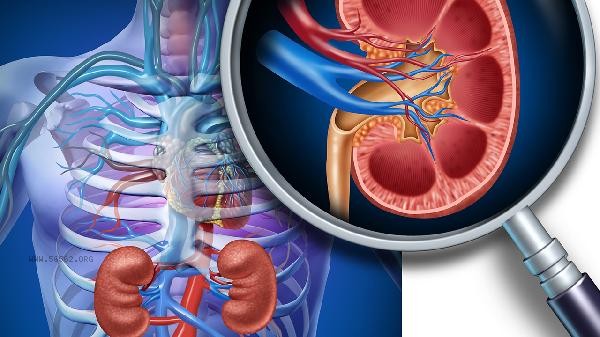
3. Lower back pain: Patients with renal tuberculosis often feel persistent dull pain or soreness in the lower back. This is due to the swelling of the kidney and the increased tension of the renal capsule caused by tuberculosis, which stimulates nerve endings. Symptoms of lower back pain should be taken seriously, and timely renal imaging examinations should be conducted to clarify the degree of the lesion. Treatment should be combined with anti tuberculosis drugs and painkillers, and if necessary, renal drainage or surgical treatment should be performed.
4. General fatigue: Patients with renal tuberculosis often feel general fatigue, loss of appetite, and weight loss. This is due to tuberculosis infection leading to increased body consumption and poor nutrient absorption. Symptoms of general fatigue indicate that the condition is severe and prompt medical attention is needed for a comprehensive examination and nutritional support treatment. Treatment should be combined with anti tuberculosis drugs and nutritional supplements, and if necessary, intravenous nutritional support should be provided. The common symptoms of renal tuberculosis are diverse, and early detection and treatment are crucial. When patients experience symptoms such as frequent urination, urgency, pain during urination, hematuria, lower back pain, and general fatigue, they should seek medical attention in a timely manner, undergo urine tests, imaging examinations, and comprehensive examinations. After a clear diagnosis, they need to receive anti tuberculosis drug treatment and surgical treatment if necessary. Early treatment can effectively control the condition, avoid the occurrence of complications, and improve the quality of life of patients.
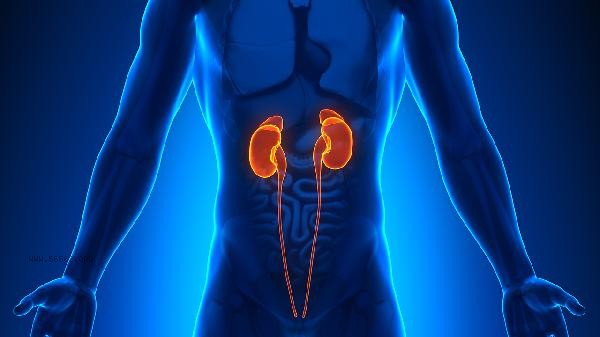

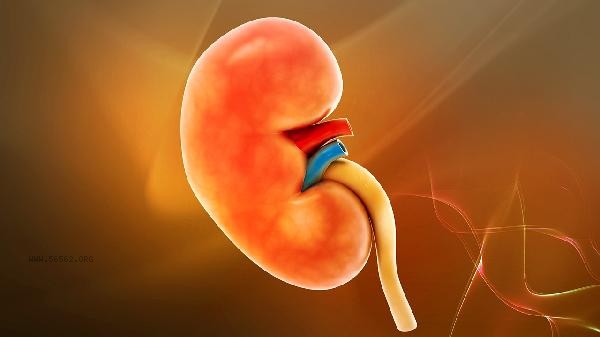
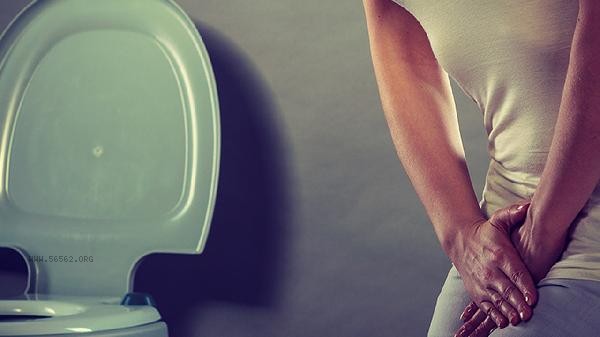

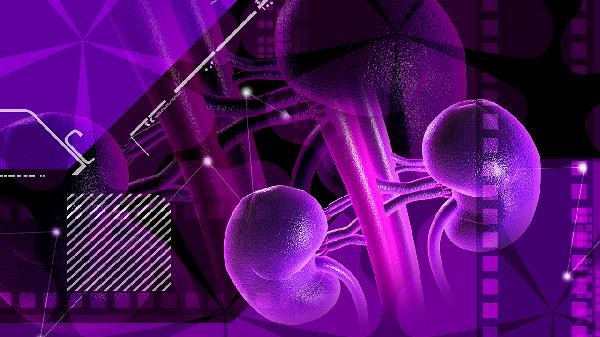
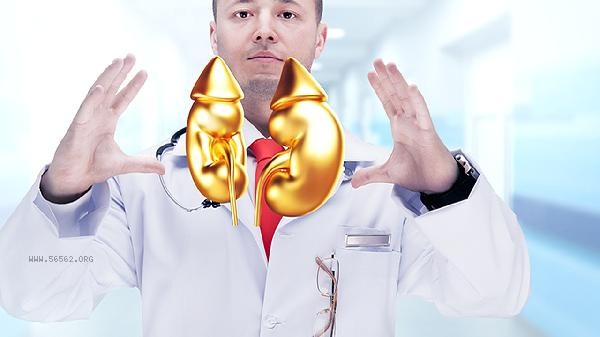


Comments (0)
Leave a Comment
No comments yet
Be the first to share your thoughts!